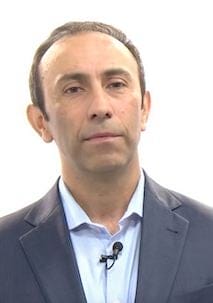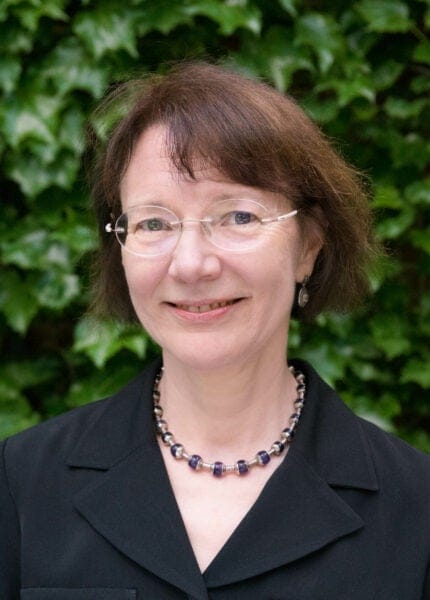Valuation and Land Markets
Promoting functional land markets through public policy and improving the distribution of benefits from public investment
An efficient and just allocation of society’s scarce and limited land resources is a central social goal with implications for land use, regulation, development, valuation, and taxation. The Lincoln Institute’s work in this area focuses on advancing land valuation methodologies to better understand pricing, measure the costs and benefits of public policies, and strengthen property tax institutions; evaluating the effects of land use regulations and identifying good practices; and introducing land value return mechanisms to increase the supply of serviced land and reduce informality.
Our Work

Evaluating the Effects of Land Use Regulation on Informality
This multiyear project analyzes the relationship between land use regulations and informality, with the goal of generating rigorous data that can help improve the design of regulatory instruments and introducing preventive approaches to the urban policy debate.

Research on Charges for Building Rights in São Paulo
We have documented and analyzed the city’s uniquely successful model for land-based financing, identifying practices that can be implemented throughout Latin America and the Caribbean.

Property Tax Appraisal Systems
Appraisal systems can contribute to functional land markets by improving land price transparency and encouraging more intensive development of high-value land, thus promoting affordability and efficient land use.

David C. Lincoln Fellowship Program on Land Valuation Methods
This program brought together expert researchers, public officials, and practitioners to identify and develop better techniques for determining the value of land.

Innovative Pedagogy
For over 30 years, the Lincoln Institute has developed a suite of educational games and interactive tools to help planners and other public officials understand the process of land price determination and the effects of regulation on land markets. GIROS or GLUT (Gaining from Land Use Transactions), a game developed by Lincoln Institute Senior Fellow Martim Smolka, teaches players about land price determinations, densification, and other phenomena related to the notoriously complex and often misrepresented topic of urban land markets. GIROS has been played well over 150 times and inspired spinoffs in most of Latin America and in the Netherlands, Taiwan, Ghana, Kenya, the Philippines, and other countries. Past participants range from urban planning students to high-level public officials.
Publications

Land Value Return
Lourdes Germán and Allison Ehrich Bernstein
The Impact of Large Landowners on Land Markets
Edited by Raphael W. Bostic











